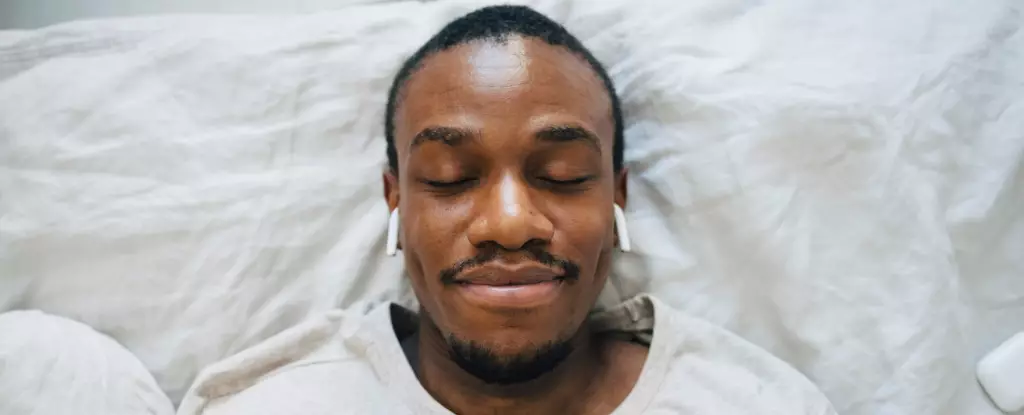Neurons are the fundamental building blocks of our brain, intricately woven into every process of cognitive function and daily life. As we are born with a set number of neurons, understanding how they develop and regenerate over time is critical to comprehending our cognitive capabilities and their decline. Traditional views have limited the narrative to early life development, presuming that the brain’s capacity for regeneration diminishes significantly after childhood. However, scientific endeavors are progressively unraveling the possibility that adults can still generate new neurons, albeit at notably lower rates. This phenomenon, known as neurogenesis, presents a captivating area of inquiry, particularly given its implications for conditions like dementia, Alzheimer’s disease, and epilepsy, where cognitive functions suffer.
While studies have demonstrated the adverse effects of reduced neurogenesis in conditions such as epilepsy and dementia, the specific roles these new neurons play in cognitive function remain murky. Recent research conducted by interdisciplinary teams of neuroscientists and medical professionals has illuminated previously overlooked connections between adult neurogenesis and cognitive abilities, specifically verbal learning. This work is crucial—it bridges the gap between laboratory research and real-world implications for brain health, particularly in aging populations.
The research, which involved patients undergoing cognitive assessments and subsequent brain tissue donations during surgical procedures, revealed that the generation of new neurons is linked to a preserved ability in verbal learning. Remarkably, this challenged pre-existing beliefs as it was initially posited that neurogenesis would chiefly influence spatial navigation—a connection often observed in animal studies. This divergence begs further examination of how complex human cognitive processes differ from those observed in animal models, underscoring a significant need to focus our research directly on human biology.
Considering the global increase in aging populations, the ramifications of cognitive decline are becoming more pressing than ever. Everyday activities often hinge on the ability to communicate effectively, recall conversations, and understand verbal cues. Unfortunately, as people age, or face neurological disorders, these skills tend to deteriorate, leading to profound impacts on social interaction and overall quality of life. The correlation between neurogenesis and cognitive decline, particularly in verbal learning, raises pivotal questions about potential interventions that could harness this biological process for therapeutic purposes.
For individuals living with epilepsy or similar conditions, the current therapeutic landscape is largely focused on seizure management, often neglecting the equally debilitating cognitive impairments that accompany these disorders. As a result, there is an urgent need to shift our approach towards developing strategies that improve cognitive outcomes and leverage the processes of neurogenesis.
The insights gained from neurogenesis research enact a paradigm shift—encouraging a holistic perspective on cognitive health that transcends mere seizure control. Researchers can potentially enhance brain function by amplifying the production of new neurons. However, these strategies are in their infancy. Recent clinical trials aimed at integrating aerobic exercise to spur neurogenesis in epilepsy patients signal promising directions for future research. Currently capturing data on safety and preliminary efficacy, such trials hold the promise of shaping innovative treatments that target the cognitive aftermath of neurological disorders.
To realize the full potential of these findings, it is imperative for the scientific community to persist in integrating laboratory studies with clinical research. By grounding animal findings with human-centric studies, researchers can develop therapies tailored to address the unique complexities of human cognition. Moreover, as we seek to enhance brain regeneration and cognitive function across the lifespan, we must remain mindful of the ethical implications and safety concerns of new treatment modalities.
Although the journey towards unlocking the secrets of neurogenesis in the adult brain is fraught with challenges, the implications are profound and far-reaching. As our understanding evolves, so too does the potential to transform cognitive health strategies for aging populations and those affected by neurological disorders. The connection between new neurons and cognitive functioning—particularly verbal learning—highlights not just an exciting area of study but also a pathway toward innovative therapies. As more research unfolds, the hope remains that we will be equipped not only to combat cognitive decline but to foster a deeper understanding of how we can promote brain health, vitality, and resilience in our ever-changing world.

